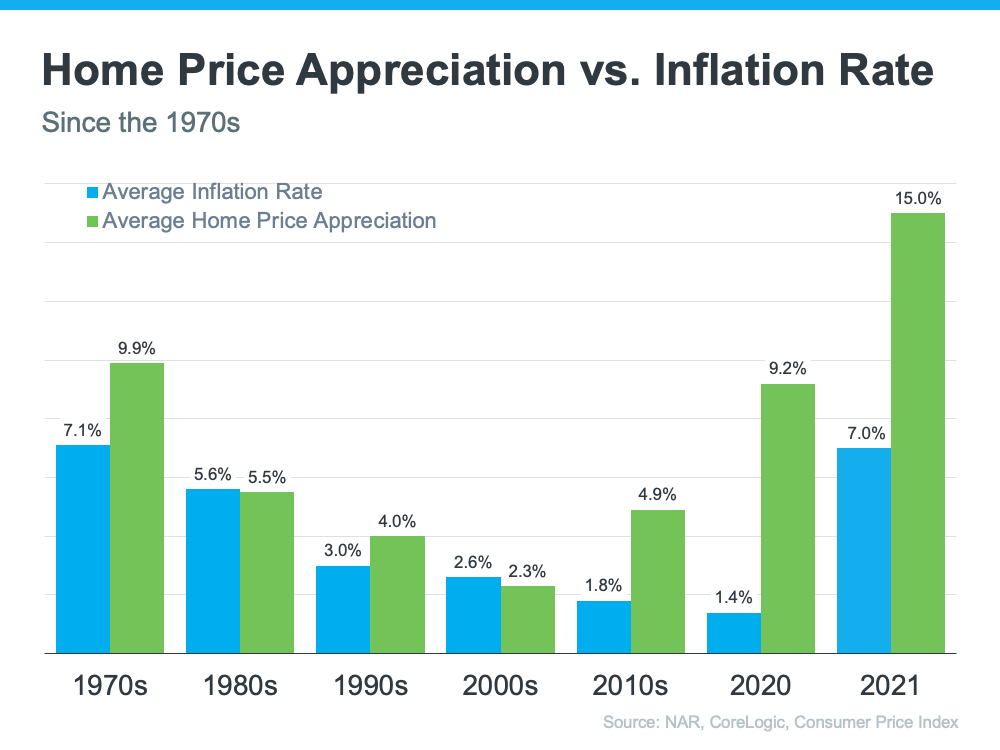Starting a new business is exciting, but it can also be challenging, especially when you’re also moving homes. If you find yourself in this situation, don’t fret – it’s possible to successfully manage both transitions simultaneously with a bit of planning and organization. In this article shared by Joe Luca, we’ll share some tips to help you make it work.
Shop for Homes Wisely by Determining Your Space Needs
When searching for a new home, it’s essential to determine the amount of space you’ll need to run your business effectively. This includes considering factors such as storage requirements, workspace needs, and any additional equipment or resources that are necessary for your operations. Having a clear idea of how much space you require will help you narrow down your search and focus on properties that meet your specific needs.
Consider Purchasing a Home As-Is to Save Time and Money
If you’re short on time and need to move quickly, consider purchasing a home as-is. These properties may require some renovations or updates, but they can be an excellent option for entrepreneurs who need a move-in-ready office space. Work with real estate professionals like Joe Luca and look for properties that have a designated area for your business, such as a basement, garage, or separate building on the property. Not only will this save you time and money, but it can also allow you to start your business operations sooner rather than later.
Hire a Moving Company
To ensure that your business doesn’t suffer during the move, consider hiring a professional moving company to handle the logistics of the transition. This will free up your time and energy to focus on continuing business operations and maintaining customer relationships. Be sure to communicate your business’s needs and timeline with the moving company so that they can work around your schedule and minimize any disruptions to your operations.
Create a Plan to Stay Organized
To move and start a business at the same time, you need a clear plan and timeline. This will keep you organized and ensure all necessary tasks are completed on schedule. Research potential homes, hire a moving company, set up your office space, and let your customers know about any operational changes. Take it step by step for greater efficiency and ease.
Designate a Space for Your Office
Running a business from home requires separating work and personal life. Choose a designated workspace – a separate room, garage, or shed – to maintain balance. Ensure it’s free from distractions and family activities to stay focused and productive during work hours while still enjoying home life.
Update Your Marketing
Since marketing is the backbone of any business, coming up with effective but affordable ways to spread the word is essential. Luckily, you can market for free via social media – but don’t stop there! You should supplement this with some tried-and-true approaches like business cards, as well. If you aren’t sure how to get started, explore some eye-catching business cards templates that you can customize for free. These are great for providing a tactile reminder of your business to potential clients and customers.
Starting a business and moving at the same time can be overwhelming, but it’s possible to make it work with careful planning and organization. By establishing your space requirements, considering purchasing a home as-is, hiring a professional moving company, using a customer data platform, making a detailed plan and timeline, and choosing a designated workspace, you’ll be well on your way to a successful move and business launch. Remember to take things one step at a time, stay organized, and keep a positive mindset – the rewards of running a thriving business from your dream home are worth it!
Joe Luca is the trustworthy realtor you’ve been looking for. Call (401) 409-5030.





















